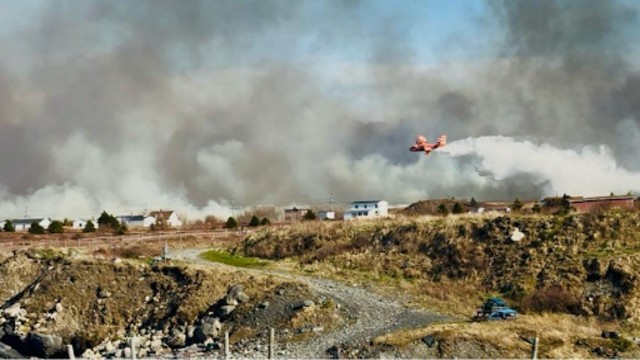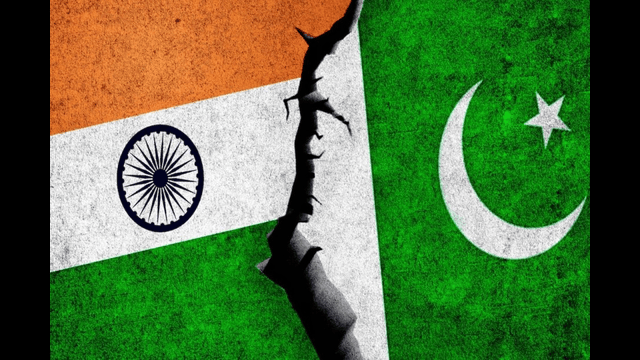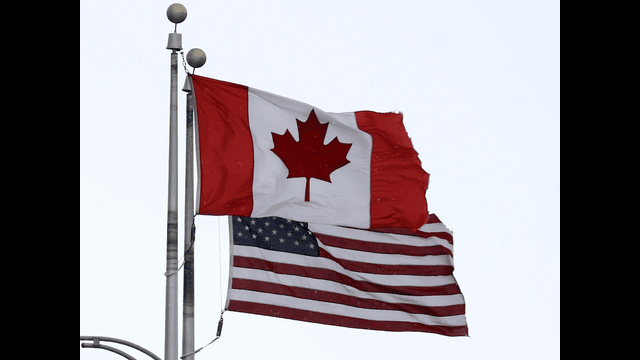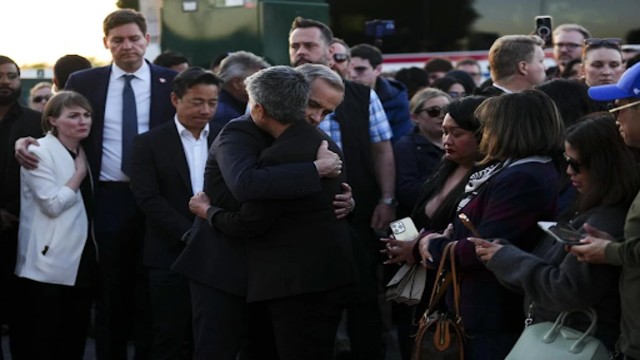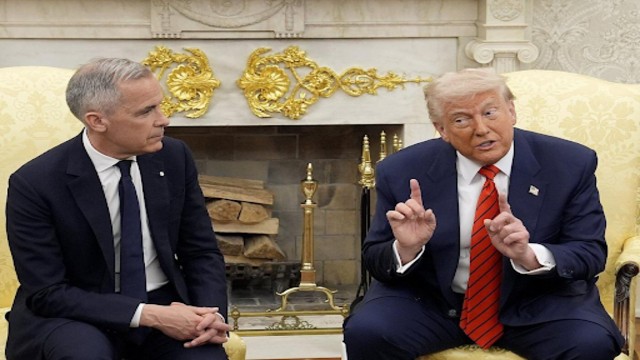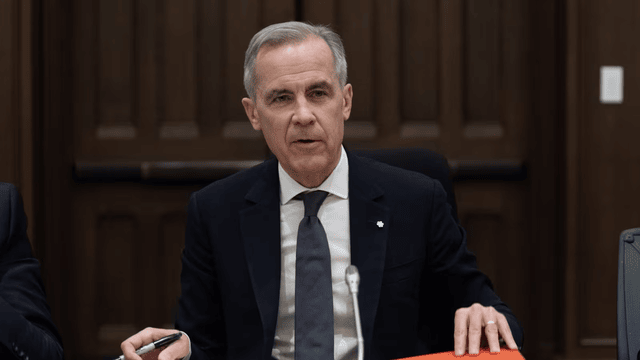
Prime Minister Mark Carney speaks after signing a document during cabinet meeting on Parliament Hill, Friday, March 14, 2025, in Ottawa. (THE CANADIAN PRESS)
As tensions rise over the future of NATO, Canada is stepping up its efforts to form a new defence partnership with Europe. With U.S. President Donald Trump's unpredictable stance on military alliances, Canada's collaboration with the European Union (EU) is becoming a critical component of transatlantic security. But what does this shift mean for the continent and Canada’s role in it?
Europe's Growing Defence Concerns
The security landscape in Europe is undergoing significant change. Historically, the U.S. has been a pillar of NATO’s security framework, but President Trump’s remarks about potentially withholding U.S. defence support for NATO allies have left European nations vulnerable. According to Federico Santopinto, a defence policy analyst, Europeans are realizing how much they depend on American military spending.
The war in Ukraine further highlighted this vulnerability. While the U.S. provided vital intelligence and military resources, Europe struggled to keep up in terms of capabilities. Many European nations were unable to use weapons sent to Ukraine to strike deeper into Russian territory, underscoring the challenges of relying on external support. Santopinto emphasized that sovereignty over military assets is essential for effective defence.
Moreover, Europe’s fragmented defence market makes it hard for nations to coordinate and strengthen their collective military capabilities, particularly in air defence. Without a unified EU army, the bloc is seeking ways to better structure its military industries.
Canada's Role in the Shift
For Canada, reducing dependence on American military technology has become a priority. The threat of receiving "toned-down" versions of U.S. fighter jets sparked concerns in Ottawa, prompting talks with the EU about a potential "security and defence partnership."
These discussions have gained traction, with the EU expressing interest in deepening its collaboration with Canada. A white paper released in March highlighted the EU's intent to enhance cooperation on defence industries, including procurement and production.
ReArm Europe: A Bold Defence Plan
In March, the European Commission unveiled its "ReArm Europe" initiative, aimed at securing up to C$1.25 trillion for defence over five years. While this is not a subsidy program, it offers loans to member states to fund defence spending without breaching EU fiscal rules.
One significant component of this plan is the creation of a $235 billion loan program, known as Security Action For Europe (SAFE). This initiative could enable countries like Canada to collaborate with the EU on joint military procurement. However, such partnerships would require a formal security and defence agreement, something Canada has not yet secured.
Prime Minister Mark Carney has pledged to increase Canada's involvement in the ReArm Europe plan, which could benefit industries like aerospace and artificial intelligence, especially in Quebec.
EU’s Defence Strategy: A Complex Balance
The EU’s defence strategy is not without internal disagreements. While countries like France advocate for Europe’s strategic autonomy in defence, nations such as Poland, Estonia, Latvia, and Lithuania seek continued U.S. involvement due to their proximity to Russia. Germany and Norway, however, are more open to partnering with Canada, particularly on projects like procuring new submarines.
The EU’s ultimate goal is to strengthen its position as a global player in military procurement. By collaborating with non-EU countries like Canada, it hopes to set global standards in arms production and bolster Europe’s defence capabilities.
Is Canada a Reliable Partner?
Despite being a close ally, Canada has faced criticism for its low defence spending. Many European leaders feel Ottawa has not fully lived up to its NATO commitments, especially regarding the two percent of GDP target. However, the ongoing defence discussions provide Canada with an opportunity to demonstrate its reliability as a partner.
Europe’s hesitation to fully embrace Canada as a strategic ally stems from its perceived lack of commitment to defence spending and energy exports. However, experts believe that a defence partnership with Europe could help Canada prove its reliability and strengthen ties with key allies.
NATO and Canada's Role in European Security
Although Canada and the EU are exploring new defence avenues, both remain committed to NATO as the primary collective security framework. The EU’s new defence initiatives aim to complement NATO’s efforts, ensuring that Europe can contribute more to its own security while maintaining the U.S. security guarantee.
The upcoming NATO summit in June will likely address these shifting dynamics. With Canada and the U.S. both in attendance, it could mark a pivotal moment in the future of transatlantic security relations.
Conclusion: A Shifting Landscape for Defence Cooperation
The growing defence partnership between Canada and Europe signals a significant shift in how the two regions approach security. With NATO’s future uncertain, strengthening ties between Canada and Europe could provide a crucial counterbalance to the changing global order. As the situation evolves, both sides are looking to build a more resilient, autonomous defence strategy that ensures mutual security in the face of growing threats.




